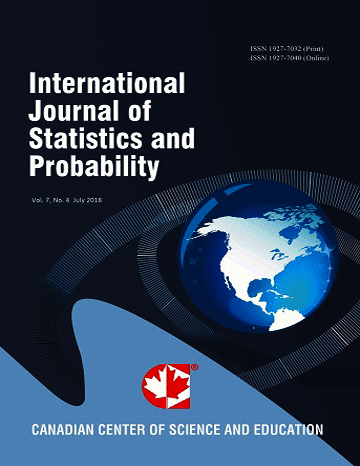Assessing Relative Importance Using RSP Scoring to Generate Variable Importance Factor (VIF)
- Daniel Koh
Abstract
Previous research has shown that the construction of VIF is challenging. Some researchers have sought to use orderly contribution of R2 (coefficient of determination) as measurement for relative importance of variable in a model, while others have sought the standardized parameter estimates b (beta) instead. These contributions have been proven to be very valuable to the literature. However, there is a lack of study in combining key properties of variable importance into one composite score. For example, an intuitive understanding of variable importance is by scoring reliability, significance and power (RSP) of it in the model. Thereafter the RSP scores can be aggregated together to form a composite score that reflects VIF. In this paper, the author seeks to prove the usefulness of the DS methodology. DS stands for Driver’s Score and is defined as the relative, practical importance of a variable based on RSP scoring. An industry data was used to generate DS for practical example in this paper. This DS is then translated into a 2x6 matrix where level of importance (LxI) is generated. The final outcome of this paper is to discuss the use of RSP scoring methodology, theoretical and practical use of DS and the possible future research that entails this paper. DS methodology is new to the existing literature.
- Full Text:
 PDF
PDF
- DOI:10.5539/ijsp.v4n2p123
Index
- ACNP
- Aerospace Database
- BASE (Bielefeld Academic Search Engine)
- CNKI Scholar
- DTU Library
- Elektronische Zeitschriftenbibliothek (EZB)
- EuroPub Database
- Excellence in Research for Australia (ERA)
- Google Scholar
- Harvard Library
- Infotrieve
- JournalTOCs
- Mir@bel
- Open policy finder
- ResearchGate
- Technische Informationsbibliothek (TIB)
- UCR Library
- WorldCat
Contact
- Wendy SmithEditorial Assistant
- ijsp@ccsenet.org
